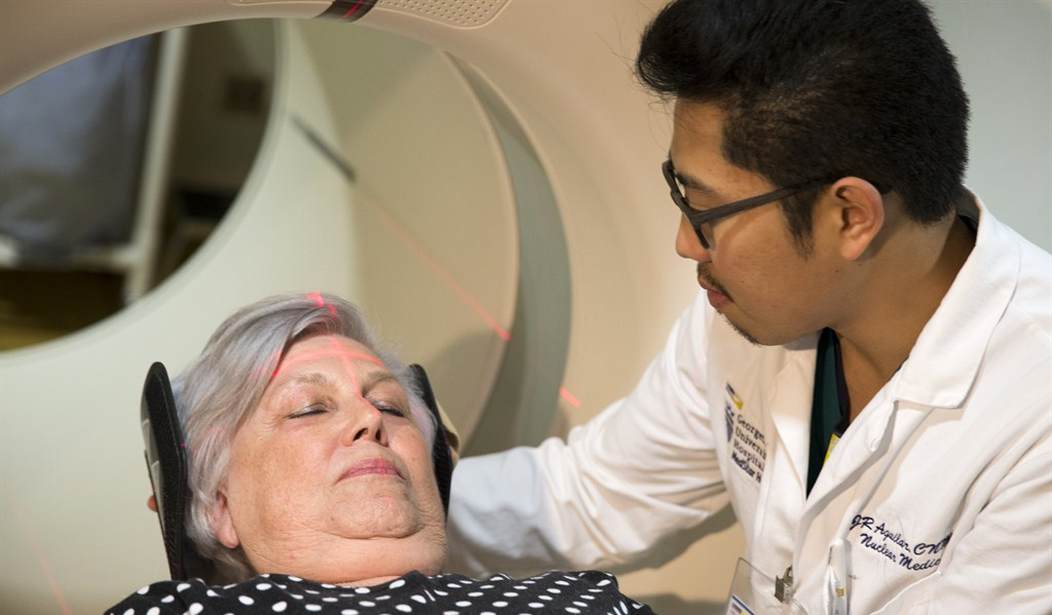Those films imprinted a couple of lessons about psychiatry. The first was that mental health professionals were useless; the second, that they were dangerous. No surprise that in the 1970s, Thomas Szasz's book, "The Myth of Mental Illness," got a lot of attention.
Szasz had grounds for doubt. In his new book, "Shrinks: The Untold Story of Psychiatry," Jeffrey A. Lieberman writes, "Back then, the majority of psychiatric institutions were clouded by ideology and dubious science, mired in a pseudo-medical landscape where devotees of Sigmund Freud clung to every position of power."
Lieberman, a psychiatrist and chairman of psychiatry at the Columbia University medical school, is aware of the many wrong turns the profession has taken, which his book recounts. But he contends that it has come a long way and now offers real solutions to real problems.
Recently, he spent an hour on the phone with me -- well, more like 50 minutes. Two themes emerged. The first is that his profession has a lot to apologize for. The second is that judging today's psychiatry by what happened decades ago is like judging modern surgery by the battlefield amputations of the Civil War.
When he was born in 1948, Lieberman attests, "not a single therapeutically effective medicine existed for any mental disorder. There were no antidepressants, no antipsychotics, no anti-anxiety drugs."
In 1927, he recalls, the Nobel Prize for medicine went to Julius Wagner-Jauregg, who found a cure for a virulent form of psychosis. The remedy -- "which sounds barbaric now," he notes -- was to infect the victim with malaria. It was dangerous, but it was welcome, because "the alternative was so abominable."
Recommended
Likewise for such remedies as stupor-inducing drugs, electro-shock treatments and lobotomies. Psychiatrists didn't resort to these methods because they were sadistic, but because they had no other ways to relieve devastating afflictions.
Today, it's clear that some of those "mythical" mental illnesses have physical origins. Schizophrenics have structural brain abnormalities -- and left untreated, says Lieberman, "their brains get smaller and smaller."
New medicines can alleviate the most common and debilitating conditions, particularly depression, schizophrenia and bipolar disorder. Where at one time psychiatry "couldn't do anything for anybody," Lieberman tells me, it now has treatments offering "the difference between a life of disability and suffering and possibly death, or living in a recovered state and, in many instances, fully normally and productively."
About one in 10 Americans now takes antidepressants. Do they help? A 2007 study for the National Bureau of Economic Research found that a 12 percent increase in sales of the most common type was associated with a 5 percent decline in suicides.
But most people with mental illness get inadequate treatment, if any. The rest of us see the results: homelessness, suicide and crime. More than a million of those afflicted are behind bars.
There are two ways to address the problem. The first is to make comprehensive treatment available to those who want it. But it's also crucial, as Lieberman notes, to treat those who can't care for themselves but lack the mental clarity to comprehend their plight.
This second option is controversial because it may involve medicating people against their will. We have no trouble allowing treatment of unconscious, injured people when doctors deem it necessary. But civil libertarians oppose involuntary treatment of people incapacitated by serious mental disorders -- many of whom, Lieberman points out, will end up in emergency rooms or jails if left to their own devices.
Fortunately, there is a growing sense -- reflected in the widespread adoption of state laws making it easier to mandate medication -- that the risks of unchecked mental illness are greater than the risks of treatment.
Psychiatry has made enormous advances from which many sick people never benefit. The tragedy of the past was that the mentally ill were mostly beyond the help of doctors. The tragedy of the present is that they are not beyond help, but many are beyond reach.

























Join the conversation as a VIP Member